
PF-06939926 is a recombinant adenoassociated virus serotype 9 (AAV9) capsid carrying mini-dystrophin, a shortened version of the human dystrophin gene, under the control of a muscle-specific promoter.

PF-06939926 is a recombinant adenoassociated virus serotype 9 (AAV9) capsid carrying mini-dystrophin, a shortened version of the human dystrophin gene, under the control of a muscle-specific promoter.

After receiving a refusal to file letter and undergoing a Type A meeting with the FDA, Zogenix has announced that it plans to resubmit an NDA for fenfluramine (Fintepla) for the treatment of seizures associated with Dravet syndrome in Q3 of 2019.
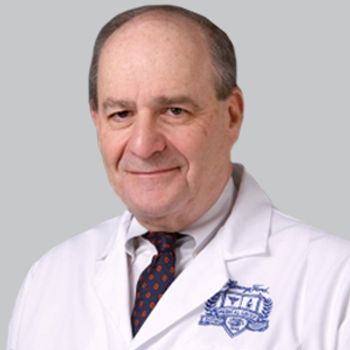
The mean decrease from baseline in latency to persistent sleep was 15 minutes for placebo, 30 minutes for seltorexant 5 mg, 50 minutes for 10 mg, and 48 minutes for 20 mg.

VMAT2, given its role in presynaptic packaging, storage, and release of dopamine, has emerged as a promising target for therapeutic interventions to manage movement disorders.

Neurology News Network for the week ending June 29, 2019.

The clinical assistant professor of neurology and neurosurgery at the University of Texas spoke about the staggering number of men who forgo seeing physicians for serious conditions and how the clinical community can help address the challenge.
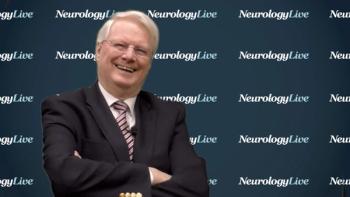
The director of the Sleep-Wake Disorders Center at Montefiore Medical Center spoke about one of the major symptoms of narcolepsy and how to identify it during diagnosis.

A lot of hype and hope surround this treatment class, making reasonable expectations difficult to form for practitioners and patients alike.
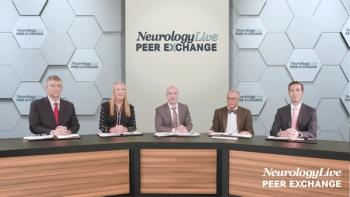




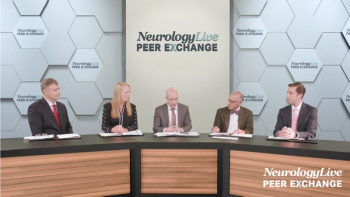
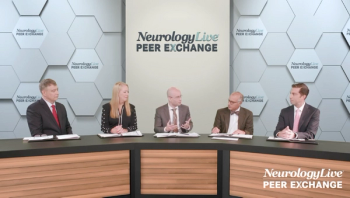
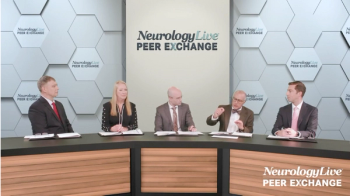




The FDA approval was based on data from the phase 3 PREVENT trial in which 98% of patients treated with eculizumab were relapse free.

Sleep apnea and other sleep disorders are increasingly being recognized as major factors in the etiology and treatment of a host of neurological diseases, but awareness in the neurology community still has room to grow.

Patients whose EEG changes were monitored prior to onset of clinical seizures and who were given preventive therapy demonstrated a lower risk of epilepsy overall, especially drug-refractory.

A large study may bring us closer to identifying interventions that can help the homeless population with neurologic disease.

An episode of slurred speech, dizziness, and severe headache resolved after 10 minutes. What do you suspect?

A trio of predictors may help inform which patients may be candidates for resective surgery, as well as improve the postsurgical consideration for re-operation on those who experience disabling seizure recurrence.
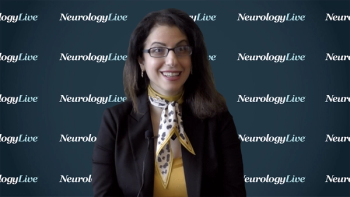
The professor of neurology at Cleveland Clinic’s epilepsy center discussed how algorithms can better influence the personalization of medicine, not just in the field of epilepsy, but in medicine as a whole.

Data suggest that rufinamide is capable of aiding in the control and reduction of seizures, as well as the possible achievement of seizure-freedom in pediatric patients with genetic/metabolic, hypoxic-ischemic, structural, and other intractable epilepsies.
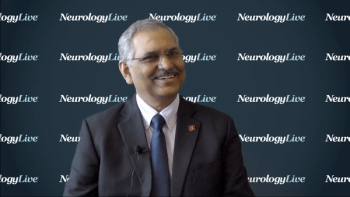
The chief of neurology at Sree Chitra Tirunal Institute for Medical Sciences and Technology spoke about how to reassure patients with epilepsy who are planning for pregnancy and how to make treatment decisions with pregnant patients.

Investigators compared an intermittent low glycemic index therapy diet, a version of the ketogenic diet, to a daily version in pediatric patients with drug-refractory epilepsy.